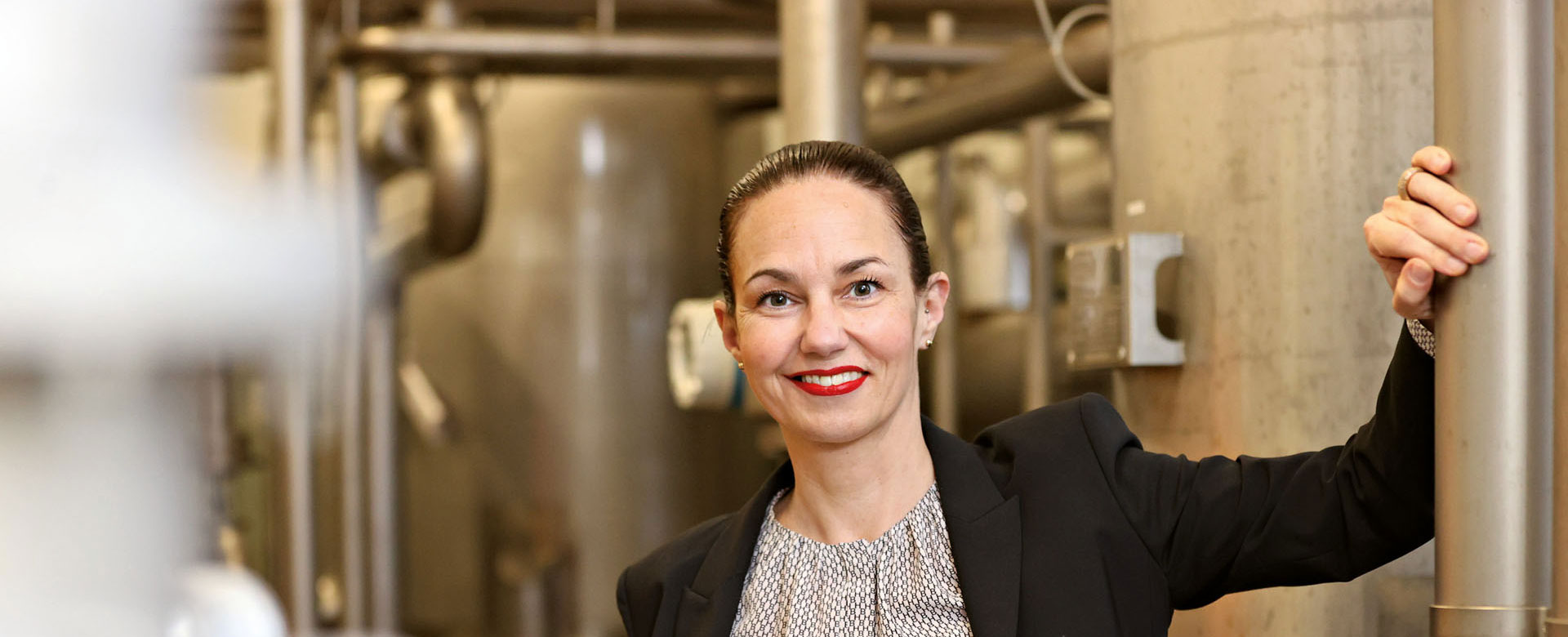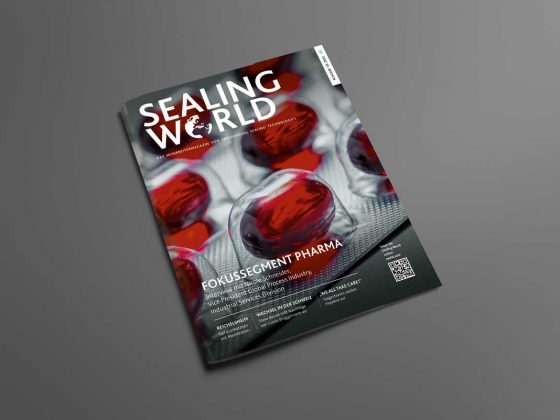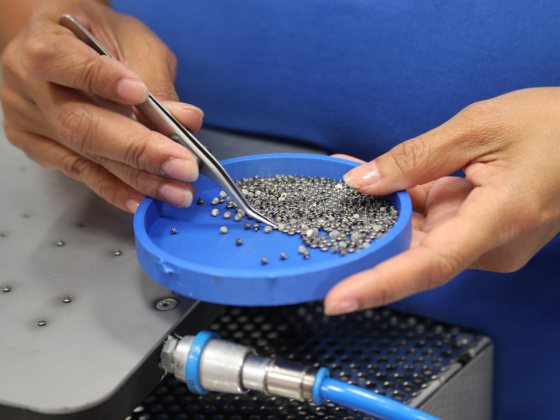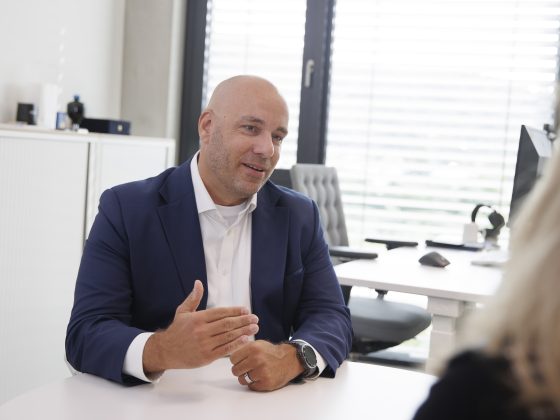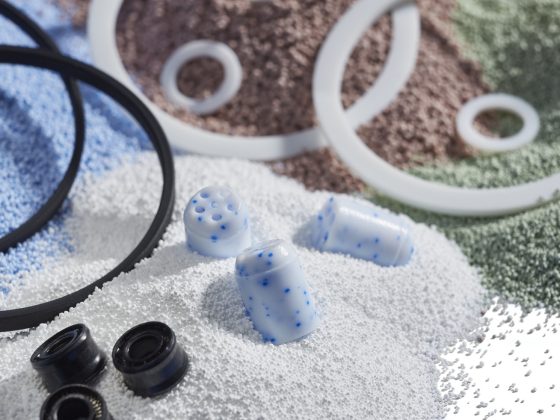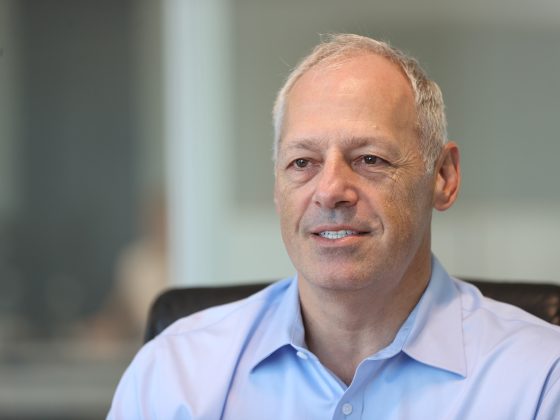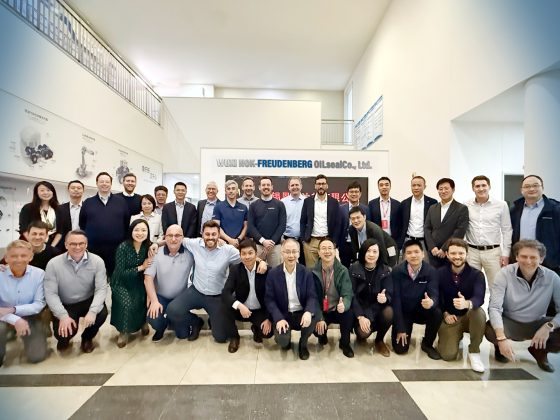Freudenberg Sealing Technologies (FST) has been operating successfully in the three segments of the process industry – the food and beverage (F&B), pharmaceutical and chemical segments – with still more potential for growth, as Nicole Schneider, Vice President, Global Process Industry in the Industrial Services Division (ISD), explains in an interview with Sealing World.
The process industry is very crisis-resistant. You always need something to eat and drink. Medical supplies are always important; given the expanding global population and growing numbers of the elderly, they are becoming even more vital.
Nicole Schneider, Vice President, Global Process Industry, Industrial Services Division (ISD)
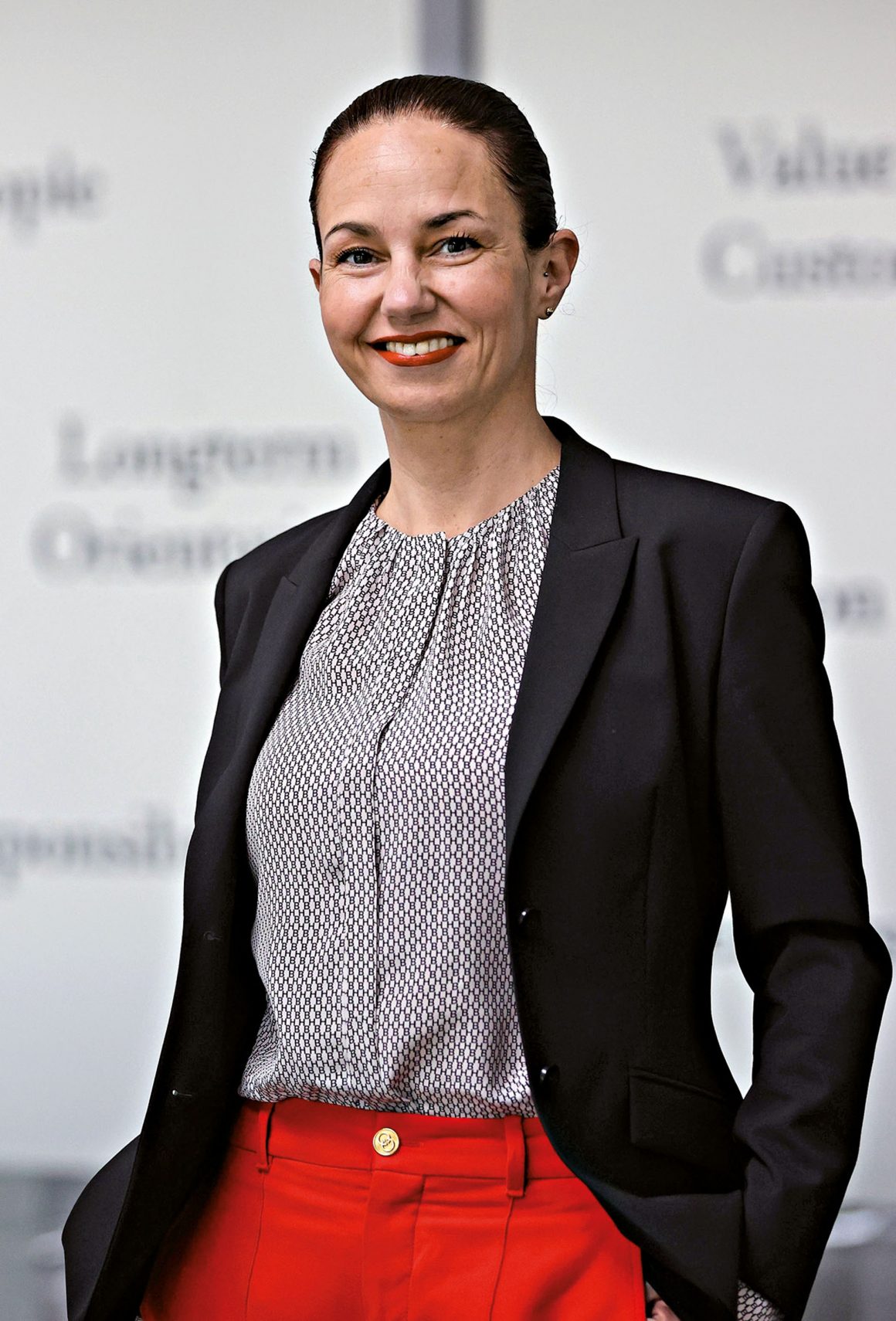
Ms. Schneider, whether in the political world or business, there are crises wherever you look right now. How is this affecting FST’s activities in the process industry?
There is a silver lining for us. The process industry is very crisis-resistant. You always need something to eat and drink. Medical supplies are always important. Given the increasing world population and growing numbers of the elderly, they are becoming more and more vital. This stability and continuity are an argument for FST to put its strategic focus on applications for the food and beverage and pharmaceutical sectors.
Is your business’s resistance to crises reflected in figures as well?
Yes, our global revenues in the process industry have grown steadily in recent years and even exceeded our expectations in 2021. The business is also highly profitable. And, as I said, we see more growth potential.
What countries in particular are you looking at?
Our core business is in Europe – across all segments. In Germany, we have a market share of 50 percent in the process industry. We intend to defend it. Our European market share is nearly 30 percent. We are No. 1 in the market. Italy and the United Kingdom are especially worth mentioning as growth markets right now. The United States and China are two regions that we are focusing on beyond Europe. During the current strategy period, we are also looking at India and Australia. We want to understand what strategy and what product solutions can be successful there. For example, numerous medicines for the global market are made in India.
Let’s get back to the process industry’s three market segments. What are their characteristics?
Our business is basically geared to OEMs and plant engineering. Most of the companies manufacture facilities for end-customers in different market segments. As a result, our products often cannot be clearly and unequivocally categorized. In general, the requirements in the food and beverage and pharmaceutical segments are quite similar. Accordingly, the same thinking applies to the business model. In these industries, it is important to cover as many applications as possible with a few approved materials, since the release and approval procedures are elaborate and complex. In both segments, hygienic, dead-space-free design and a high level of media resistance for the materials being used are always high on the agenda.
Are these requirements reflected in FST’s products?
In a joint project undertaken by Process Industry and the Lead Center Special Sealing
Industry (SSI), we have consolidated the whole range of our sealing solutions for the process sector in a special product line. The “hygienic line” includes flagship innovations such as the Hygienic Pressure Seal and the Hygienic Forseal. We certainly have segment-specific product groups as well. While flap seals, for example, are typical products for food and beverage, inflatable and clamp seals are in demand for the pharmaceutical industry, as are white compounds.
And in the chemical industry?
In the chemical industry, you do not find the same overarching, holistic approach that you have in the two other segments. Instead, you find an incredible number of niche solutions. Hygienic design and approvals generally are not important in these cases. For the most part, the key issue is the resistance of our materials to the countless media used in the chemical industry.
Growth doesn’t just happen. What are FST’s strengths in the process industry?
I have already addressed the stringent requirements for materials and design. We have the technical expertise to meet them with high-grade products and materials. These capabilities have several sources. FST’s material experts, the product experts in the Lead Centers, and the market experts at Process Industry work together closely. In Process Industry, we have massive consulting expertise in our own technical department. All the employees are specialists in process technology applications. The same is true of our sales engineers in the field. For example, we have our own test rig for sector-specific tests. We also have an operations team that takes care of our series production business. Our purchasing team rounds out FST’s product portfolio with articles from external partners. None of our competitors are as close to the market as we are. Or has the same market expertise and technical competency.
The “S” in ISD stands for service. How important is service for your success?
Very important. Our warehouse is designed for maximum agility and flexibility, not for the maximum number of picks. Our customers sell many of our products in the aftermarket, rather than installing them in new installations. That means they sell them as replacement parts to facility operators. So there is demand for individual packaging. To operate even more efficiently, we will soon be equipping our packaging machine with an automatic feed system.
What about kitting, the assembly of parts sets?
We have been doing that for quite a while, and now we want to offer it on a larger scale. The flexibility of our warehouse creates the framework for this. We see kitting as a great opportunity to grow and to set ourselves apart from the competition. Customized labeling is one of the value-added services we have available.
FST’s strengths in the process industry have traditionally been in the food and beverage sector. Now the pharmaceutical industry is taking center-stage as well.
That’s right. In this segment, we want to see double-digit growth in the next few years. The starting point is lower than the level of food and beverage. That makes our ambitious plans realistic.
The final question relates to the chemical industry: How do you assess FST’s prospects in the sector?
This takes us back to the start of our conversation – to a set of crisis-oriented issues. Global warming and the war in Ukraine are showing us how problematic petroleum and natural gas are. They are not just sustainable and crisis-resistant energy sources, but also pose problems for the chemical industry, since it draws its primary materials from fossil sources, especially for the production of plastics. Given these issues, we are now exploring whether the chemical industry is ready to move in entirely new directions – and to what extent hydrogen could revolutionize the whole industry. What opportunities could it open up for us in sealing technology?
